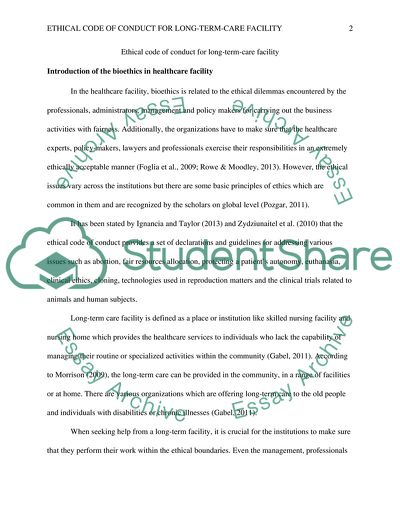Cite this document
(Seeking Help from a Long-Term Facility Term Paper, n.d.)
Seeking Help from a Long-Term Facility Term Paper. Retrieved from https://studentshare.org/health-sciences-medicine/1810142-long-term-care-facility
Seeking Help from a Long-Term Facility Term Paper. Retrieved from https://studentshare.org/health-sciences-medicine/1810142-long-term-care-facility
(Seeking Help from a Long-Term Facility Term Paper)
Seeking Help from a Long-Term Facility Term Paper. https://studentshare.org/health-sciences-medicine/1810142-long-term-care-facility.
Seeking Help from a Long-Term Facility Term Paper. https://studentshare.org/health-sciences-medicine/1810142-long-term-care-facility.
“Seeking Help from a Long-Term Facility Term Paper”, n.d. https://studentshare.org/health-sciences-medicine/1810142-long-term-care-facility.


